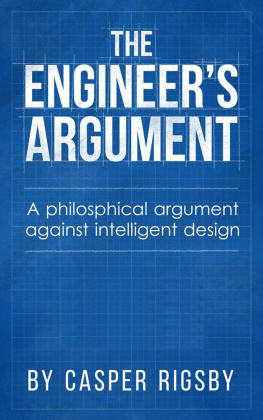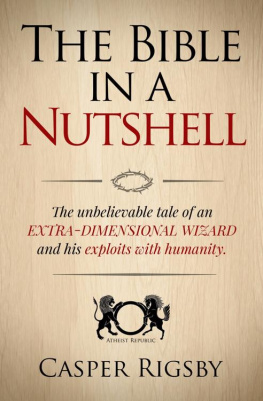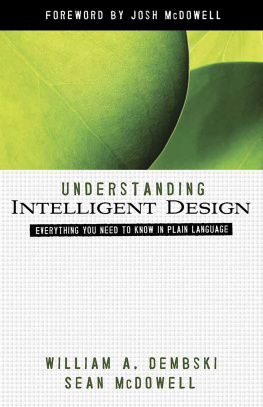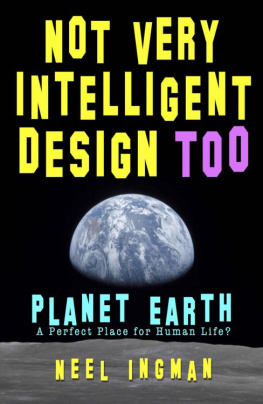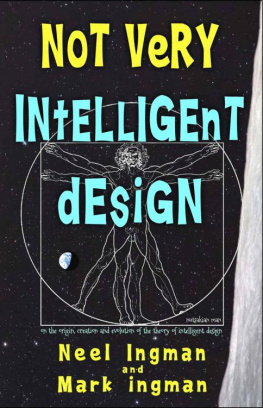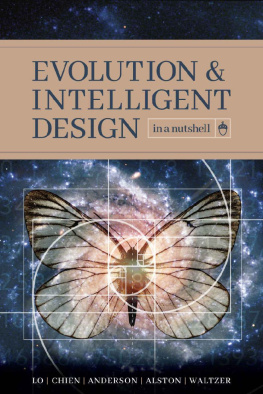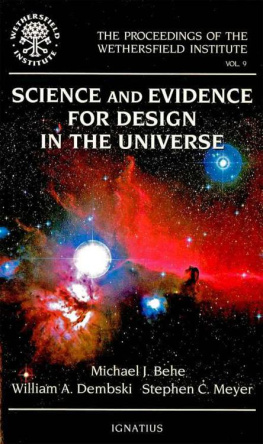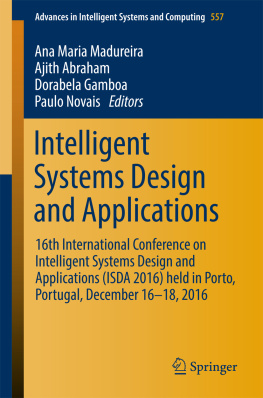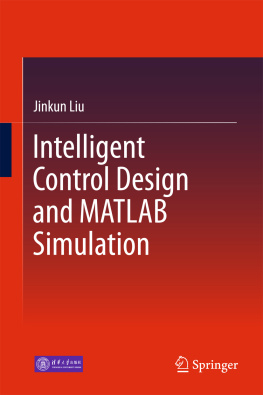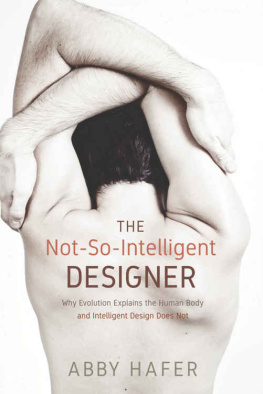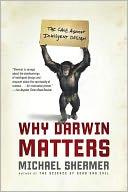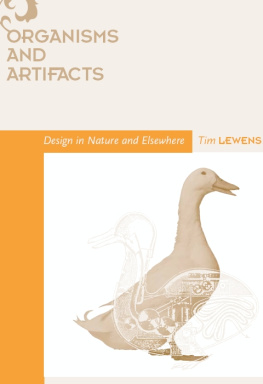The Engineer's Argument
A Philosophical Argument against Intelligent Design
Casper Rigsby
Copyright 2019 Casper Rigsby
In association with and produced by Anti-Social Media.
All rights reserved.
Table of Contents
G od is an ever-receding pocket of scientific ignorance that's getting smaller and smaller and smaller as time moves on.
Neil deGrasse Tyson
We turn to science when we seek observable answers. There, in science, we see the universe quantified and summed up as best we can observe it. Our powers of basic observation, i.e., what we think of as our tactile senses, many times are simply not well adapted enough to give us sufficient answers. Consequently, we build tools to aid our senses in allowing ourselves to look deeper into the fabric of the universe.
True, many unknowns (for now) remain out of reach. For all our scientific knowledge, we are unable to provide definitive answers to such questions as: Does the soul exist? Does God exist? When we seek answers to these questions, we must turn to philosophy rather than science because we have no observable evidence to truly evaluate and can make no definitive claims. We look to address these ideas and argue for or against their validity by trying to present logically sound arguments.
One thing we must all keep in mind is that philosophy cannot give us definitive answers.
Regardless of how sound we think an argument is, it can only ever be a logical argument and not a definitive truth. But these philosophical arguments still rely on our knowledge and understanding through scientific exploration. Because of this, we must use the evidence at hand to provide a logically consistent argument.
This book aims to give logically consistent reasoning for the dismissal of the idea of intelligent design through philosophical discourse based on given evidence of how our universe works. In these pages, I will address the logical fallacies I see in any intelligent design model that poses the notion of a creator god who created the universe with specific intent and purpose. It is my hope that I can offer many pieces of evidence that show such an idea of an intelligent designer is not only logically inconsistent but also absurd. To do this, I will focus on three main points of contention: intelligence, design, and purpose. By taking an in-depth look at those ideas, I hope to show that intelligent design theories only raise more questions than answers.
A Brief Introduction to Philosophy
W hat is philosophy , and what good is it for offering us answers?
Philosophy is defined as the study of the fundamental nature of knowledge, reality, and existence, especially when considered as an academic discipline.[1] If you feel that definition does little to explain philosophy, then we're in agreement. So, let's see if we can expound upon that base some.
What we know as science today started as philosophy. It began by humans looking at the world around us and trying to make logical sense of what we saw. Historically, men, such as
Plato and Aristotle, were some of our first philosophers who offered us compelling ideas on the nature of humanity and human understanding. It was the Greek philosopher Democritus who first offered us the idea of atoms and atomic theory. The notion that all matter was made up of tiny particles was, at the time, a novel idea, but today, thanks to modern science, we know this to be a fundamental fact of nature. We've actually come so far in our scientific understanding that we can literally see atoms.
These philosophers couldn't see atoms, however. They had no electron microscope to view such tiny particles. But they had a deep thirst for understanding and the ability to apply logic and reason to the problem. They saw in nature how small pieces can be put together to form larger objects. They saw that a complex object had to have many individual pieces all interconnected and working together to make the whole. They applied what they saw to better explain what makes up everything around us, and, as luck would have it, this observation and application of what they saw was indeed correct.
Because we are better able to observe nature and the universe, we now have science, which is what we call the philosophy of understanding nature. There is far less guesswork involved in science than with philosophy, and science can, in fact, give definitive answers where philosophy cannot. Being able to observe nature all the way down to the atomic level has given us clear insight into how most of these things work. But some aspects are beyond our grasp in terms of scientific understanding, like whether or not the soul exists or whether or not there is a god out there somewhere. This is where philosophy returns to the picture. You see, in its simplest terms, philosophy is a logical argument that offers to explain what is not definitively knowable.
So, now that we have a clear idea of what philosophy is, I must make a grave point about philosophy. Philosophy alone can never definitively give us solid and verifiable proof of anything.
This is crucial to understand because it makes clear that neither my argument here nor the many philosophical arguments of the religious in favor of a god's existence are proof of anything. These arguments alone are ideas built on differing lines of logic. However, it should be noted that although they are not proofs, some arguments carry more weight than others. The reason for this, as I'll explain in Chapter 2: Logical Consistency and Universal Truths, is due to logical consistency as well as the weight of the evidence supporting these philosophical ideas, which I'll get into in Chapter 2 as well. The key point to remember here is this: Im not offering a proof that no creator god exists; rather, I am attempting to offer a logically sound and consistent philosophical argument in favor of said idea. Indeed, no matter how compelling my argument may be for a given reader, I would be thoroughly disappointed and dismayed if they were to claim it as a proof of anything at all. The answer of whether or not a god exists is one of scientific nature that should have a definitive yes or no answer. As of yet, science has been unable to give this answer, and, until science is able to do so, we are relegated to these philosophical arguments to make our respective cases.
Next page
